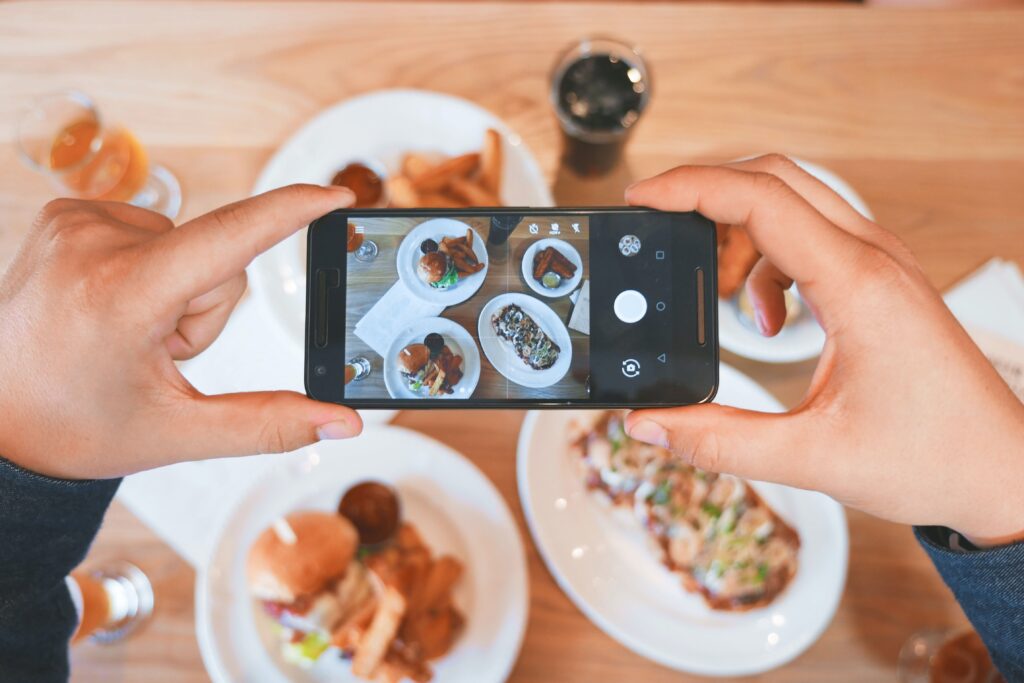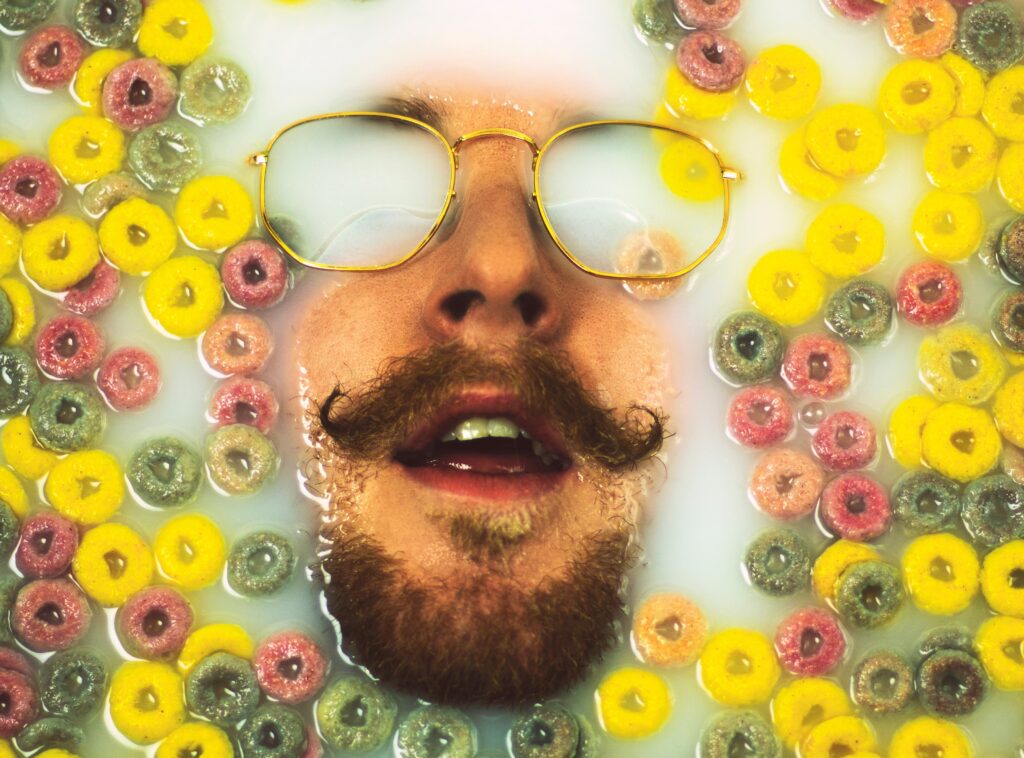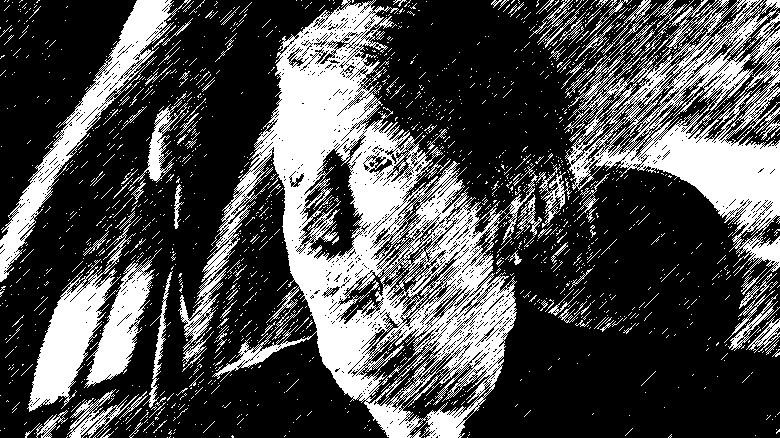
We’ve all encountered them – the self-proclaimed connoisseurs of taste, the aficionados of refinement, the masters of exclusivity. Yes, I’m talking about snobs, those individuals who seem to take pleasure in looking down their noses at the rest of us “mere mortals.”
But have you ever wondered why there are so many snobs out there? This piece dives into the world of snobbery, exploring its origins, its manifestations, and why it might just be more common than we think. At the end of it, maybe we get to answer some of your questions.
The Roots of Snobbery
For us to understand how the snob epidemic came to be, we first need to understand how and where it began.
Classy Beginnings
Snobbery, believe it or not, has been around for centuries. It originated in 18th century England when the term “snob” was used to describe someone who imitated people of higher social status. These individuals would often adopt the manners, accents, and clothing of the upper class, all in a desperate attempt to climb the social ladder.
The Modern Twist
Fast forward to the 21st century, and snobbery has taken on a new form. It’s not just about imitating the elite anymore; it’s about flaunting one’s perceived superiority in various aspects of life – from wine and food to fashion, art, and even social media followers. The modern snob isn’t just interested in emulating the upper crust; they want to be the authority on what’s cool, hip, and exclusive.
The Many Faces of Snobbery
Admit it, you tend to generalize these snobs into one whole category of obnoxious when you encounter them. But here’s a more specific breakdown, just in case you need to be able to tell the difference.
The “Foodie”

You’ve probably met one of these – the person who turns up their nose at anything less than artisanal, organic, farm-to-table cuisine. To them, a Michelin-starred restaurant is the only acceptable option. They’ll regale you with tales of their latest culinary adventures while you struggle to hide your fast-food burger.
The “Hipster”

These characters in the snob epidemic fancy themselves as arbiters of culture. They’ll scoff at your taste in music, books, and movies, insisting that their preferences are far more refined. To them, enjoying a mainstream pop song is akin to a mortal sin, and they’ll gladly tell you all about their obscure indie band discoveries.
The “Fashion Icon”

Fashion snobs are all about labels, designer brands, and the latest trends. They wouldn’t be caught dead in anything less than couture. They’ll look down upon your “off-the-rack” wardrobe choices. To them, style is everything, and they’re the ultimate judges of it.
The “Tech Genius”

In the age of gadgets and gizmos, the ‘tech genius’ reigns supreme in the snob epidemic. They’ll scoff at your outdated smartphone, belittle your choice of laptop, and debate the merits of every new tech release like it’s a matter of life and death. To them, owning the latest tech is a badge of honor.
Why Is There a Snob Epidemic?
*Insert Jackie Chan confused meme here* Sometimes, you get overwhelmed with how naturally it comes to snobs that they dismiss anything other than what they know. Here are some of the probably reasons why they choose to be that way.
One’s Pursuit of Identity
One of the driving factors behind the proliferation of snobbery is the human need for identity and belonging. In a world that’s more interconnected than ever, people often seek to distinguish themselves from the crowd.
Becoming a snob is a way for individuals to carve out a unique identity and feel like they belong to an exclusive club of like-minded people.
The Social Media Effect
The rise of social media has played a significant role in the rise of snobbery. Platforms like Instagram and Facebook provide the perfect stage for people to showcase their supposedly superior tastes and experiences.
From posting photos of gourmet meals to sharing pictures from extravagant vacations, social media has become a breeding ground for the snob epidemic to flourish.
Consumer Culture
Our consumer-driven society also fuels snobbery. Advertisers often play on our insecurities, making us believe that buying certain products or experiencing certain things will elevate our status. This constant bombardment of messages telling us what’s “cool” and “exclusive” can easily turn us into snobs.
Navigating the Snobbery Spectrum
In a world that celebrates individuality and the pursuit of unique identities, it’s no wonder that snobbery is on the rise. People want to feel special, and for some, the path to uniqueness involves looking down on others. Whether it’s about food, culture, fashion, or technology, snobbery seems to be everywhere we turn.
But here’s the thing: snobbery often masks insecurities and a need for validation. Those who indulge in snobbery may be compensating for something deeper. Instead of belittling them, maybe we should try to understand where this behavior comes from.
In the end, snobs are just individuals who are trying to find their place in the world. So, try to be a little more open and consider their perspective. Who knows, you might even find some common ground and learn something new in the process.
After all, isn’t that what life is all about – embracing our differences and finding connections in the most unexpected places?




